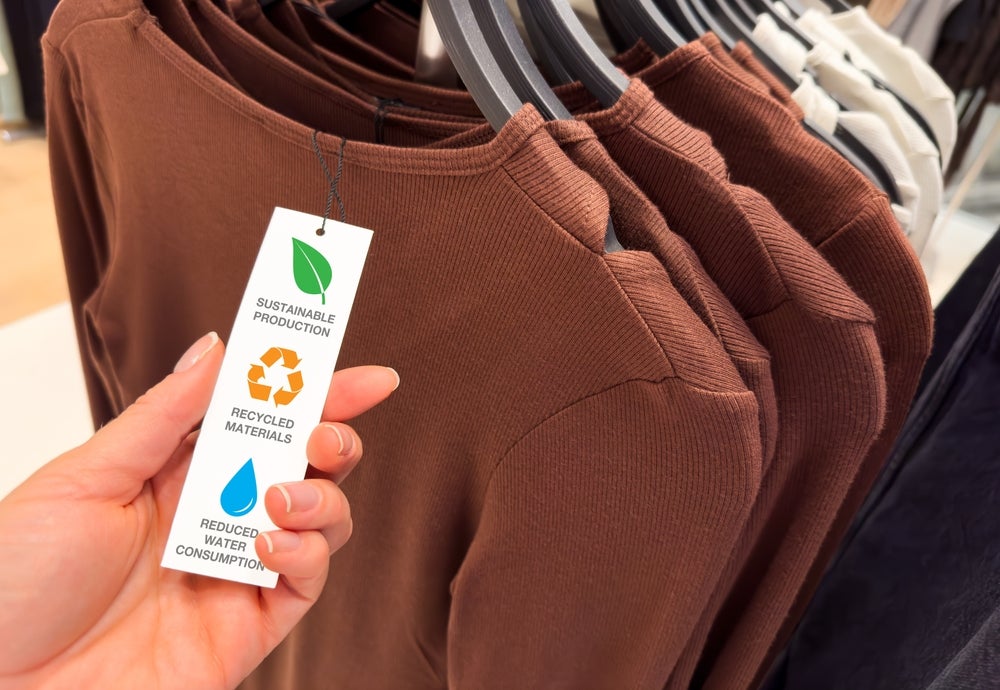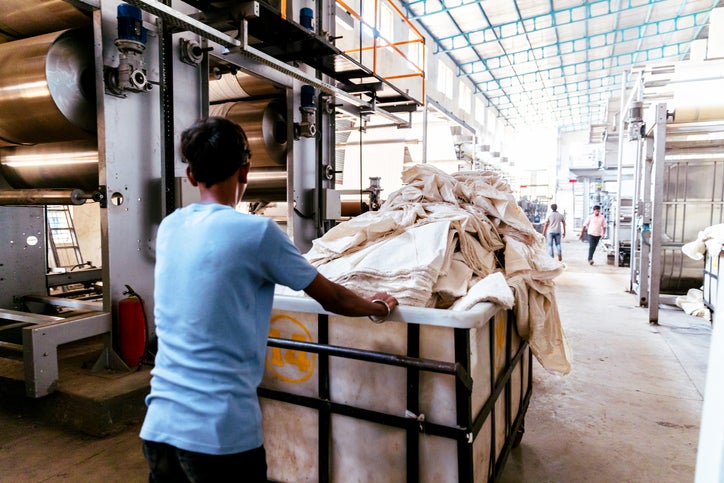
As discussions around COP28 take centre stage this week, the Textile Exchange Materials Market Report aims to guide the textile industry’s efforts to align raw material production to limit temperature rise to 1.5 degrees Celsius.
Claire Bergkamp, CEO at Textile Exchange, underscored the urgency and said: “As global leaders come together at COP28, this report only reinforces the urgent need to double down on our collective efforts to accelerate the adoption of production practices that support our planet, its ecosystems, and its communities while focusing internal investment on strategies that decouple value creation from the extraction of new materials overall.”
In addition to the report, Textile Exchange has launched the Materials Directory, providing an online repository for industry participants to access information on raw material suppliers, production units, and branded materials.
The directory features interactive maps and a filterable database for enhanced usability. The findings call for a collaborative effort among industry stakeholders to navigate challenges and foster sustainable practices in global fibre production.
Key Insights from the Materials Market Report
- Global fibre production:
- Increased from approximately 112 million tonnes in 2021 to a record 116 million tonnes in 2022.
- Projections suggest further growth to 147 million tonnes in 2030 under current business conditions.
- Sustainable natural fibres:
- Modest increase observed in sustainably produced natural fibres:
- Cotton: 25% in 2021 to 27% in 2022.
- Wool: 3% in 2021 to 4.3% in 2022.
- Modest increase observed in sustainably produced natural fibres:
- Fossil-based synthetic fibres:
- Virgin fossil-based synthetic fibre production increased from 63 million tonnes to 67 million tonnes.
- Polyester dominance:
- Polyester remains the dominant fibre, constituting 54% of global production in 2022.
- Polyester production volumes increased from 61 million tonnes in 2021 to 63 million tonnes in 2022.
- Recycled fibres:
- The combined share of all recycled fibres experienced a slight decline from around 8.5% in 2021 to 7.9% in 2022.
- The recycled polyester market share decreased from 15% in 2021 to 14% in 2022, attributed to challenges in scaling textile-to-textile recycling.
- Urgency for sustainable practices:
- The need to expedite the transition to fibres from preferred sources.
- Call to intensify efforts to reduce the use of virgin fossil-based materials.
- Emphasis on investing in strategies that detach value creation from the extraction of new materials.
How well do you really know your competitors?
Access the most comprehensive Company Profiles on the market, powered by GlobalData. Save hours of research. Gain competitive edge.

Thank you!
Your download email will arrive shortly
Not ready to buy yet? Download a free sample
We are confident about the unique quality of our Company Profiles. However, we want you to make the most beneficial decision for your business, so we offer a free sample that you can download by submitting the below form
By GlobalData




